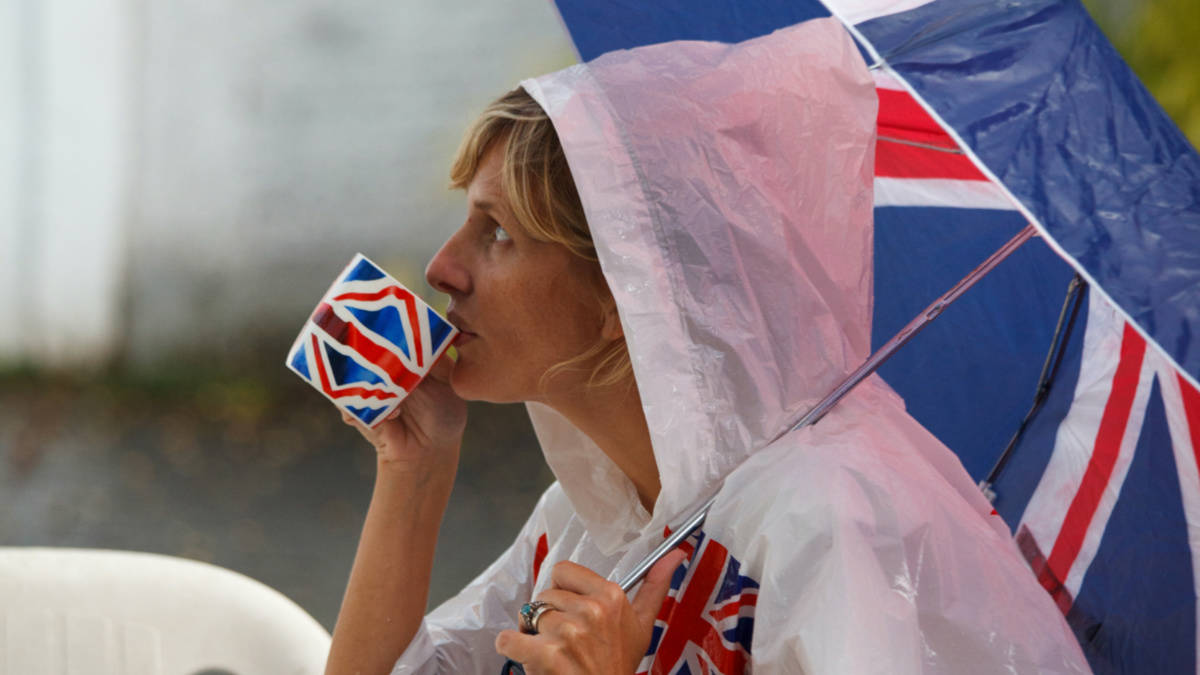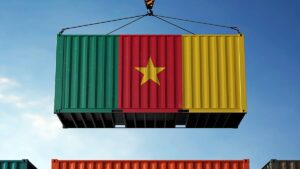We’ll supply them on the beaches: UK turns to Sovereign Metals to secure critical minerals

Pic: Getty
The Russian invasion of Ukraine has sparked supply chain concerns for metals like titanium, critical to industries from manufacturing to aerospace.
That has opened the door to new entrants into the titanium supply chain, including in the market for natural rutile, the purest form of titanium dioxide feedstock for the pigment, welding and other markets.
Sovereign Metals (ASX:SVM), which counts its Kasiya mineral sands deposit in Malawi as the best discovery globally of natural rutile in the world in the past 50 years, is getting a seat at the table.
Just one week after nabbing its first supply deal with multinational metal powder provider Hascor, Sovereign has become a member of the UK’s Critical Minerals Association, a body which works to increase the self-sufficiency of UK industrial supply chains.
Its chairman Ben Stoikovich last week attended the Critical Minerals Strategy Roundtable held by the UK’s Department for Business, Energy and Industrial Strategy.
Customers are eager to get a taste of Kasiya’s rich natural rutile and graphite reserves.
Sovereign has been courted by the UK’s Department of International Trade, which is assessing Sovereign’s potential to supply high purity titanium feedstocks and natural graphite as critical raw materials required by the UK.
“The world’s economies are rightly focusing on developing sustainable and secure supply chains of raw materials deemed critical based on their economic, environmental, and social importance. In this regard, Sovereign’s Kasiya project in Malawi is well positioned to potentially supply two critical raw materials to economies across the globe over several decades,” Stoikovich said.
Russian titanium supply a big worry for UK and EU business
Russia’s VSMPO-AVISMA Corporation accounts for some 25% of the titanium metal supply chain and according to Reuters services half of aviation giant Airbus’ titanium needs and a third of Boeing’s.
“The invasion of Ukraine is likely to redraw the map on titanium supply … the sanctioning of metal and concentrates by the west should lead to consumers seeking new western suppliers,” said London brokers, SP Angel Corporate Finance LLP.
All up – around half of the titanium metal supply chain is filled by China and Russia, making reliable western sources a key focus for governments and business in places like the UK.
Despite its high 95% TiO2 purity the scarcity of natural rutile means it made up just 500,000t of the 7.7Mt titanium dioxide market in 2020, most of which goes into pigments due to its ultra-white colour, ability to scatter light and UV resistance.
Supplies of natural rutile prices are expected to dwindle over the coming years due to declining reserves and grades at operations like Iluka Resources’ Sierra Rutile and Base Resources’ Kwale mine.
The market has been in deficit since 2017 and is likely to continue that way through 2030.
Robust pricing
That means there will be robust pricing for Kasiya’s natural rutile product, not to mention its graphite by-product, which will feed into the emerging EV battery supply chain.
With supply as tight as it is, major producers have noted very strong demand from the welding market, with limited new projects coming online outside Kasiya to fill the gap.
Iluka Resources, one of the world’s largest producers, announced a contracted rutile price of US$1351/t in the quarter ending December 31.
Price increases in the March quarter of US$150-280/t have pushed it to record highs, with European high grade chloride pigment pricing now at record levels also as producers attempt to cover increased energy and raw material inflation.
Sovereign’s first 25,000tpa supply MoU for natural rutile from Kasiya to Hascor will attract the 25% premium for bagged rutile sales into the hot and tight welding market.
Sales have been seen for the March quarter as high as US$2100-2200/t CIF.
A scoping study in December estimated Kasiya would cost US$332m to build but generate US$161m in average EBITDA per year over its 25 year mine life, with a healthy IRR of 36% and NPV of US$861m.
Its operating costs are pegged at just US$352/t, suggesting at current prices Kasiya will enjoy very strong margins.
This article was developed in collaboration with Sovereign Metals, a Stockhead advertiser at the time of publishing.
This article does not constitute financial product advice. You should consider obtaining independent advice before making any financial decisions.
Related Topics

UNLOCK INSIGHTS
Discover the untold stories of emerging ASX stocks.
Daily news and expert analysis, it's free to subscribe.
By proceeding, you confirm you understand that we handle personal information in accordance with our Privacy Policy.








